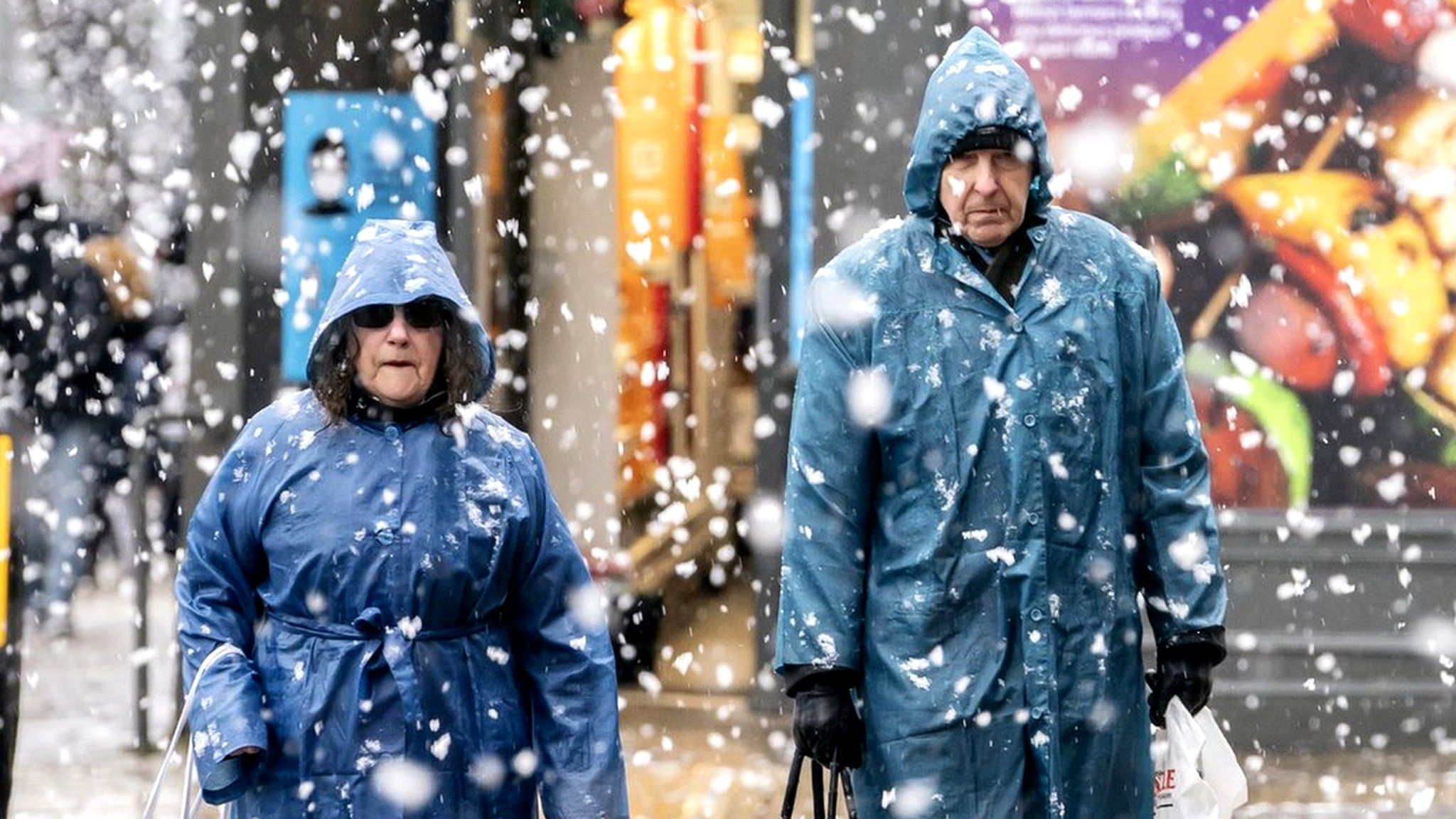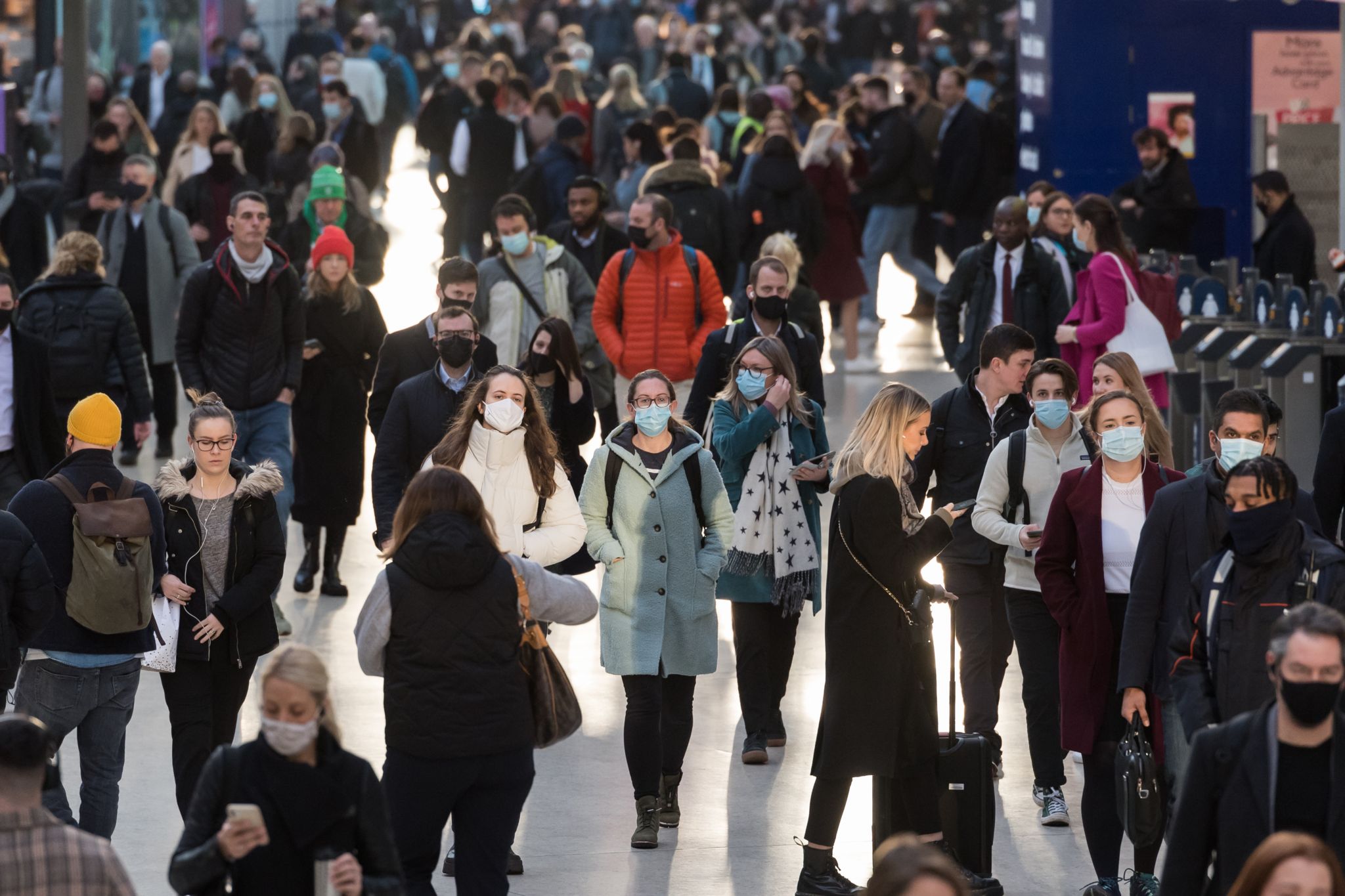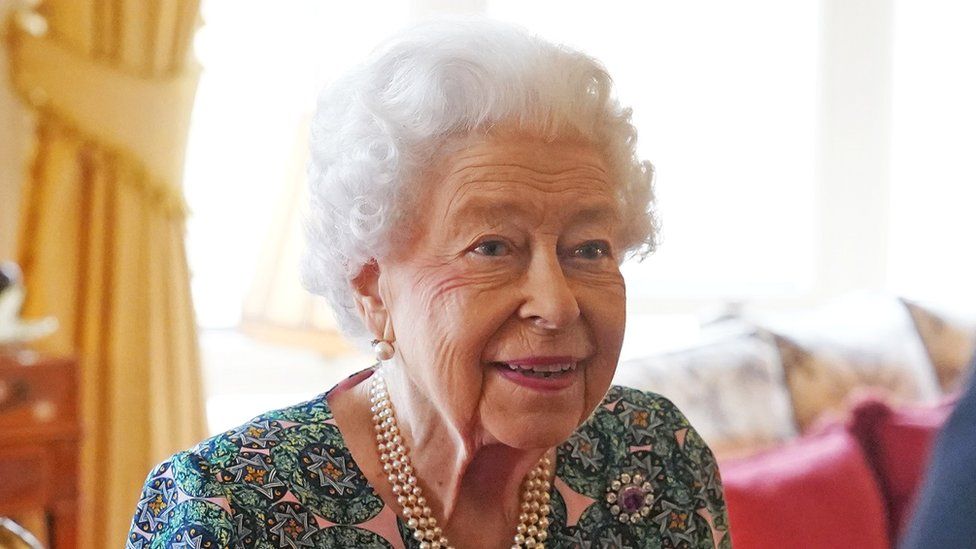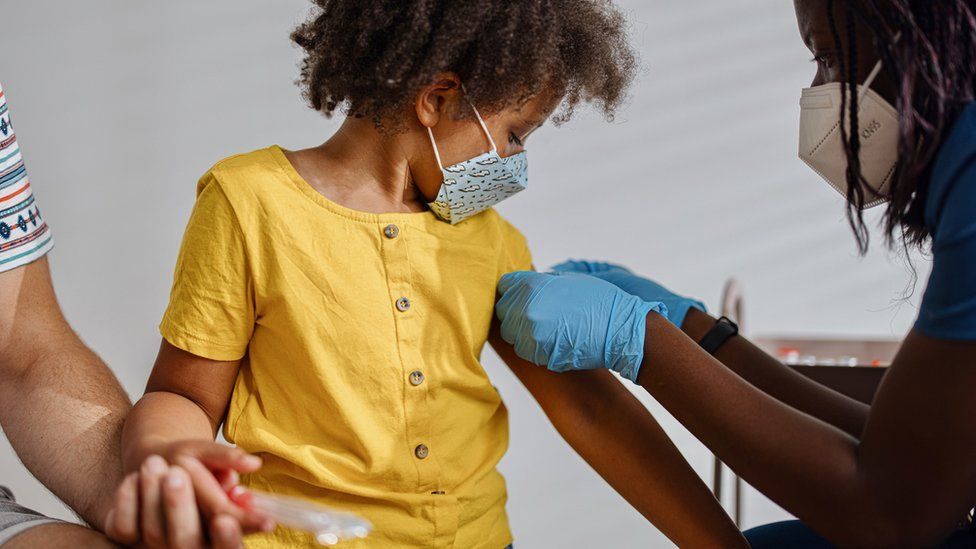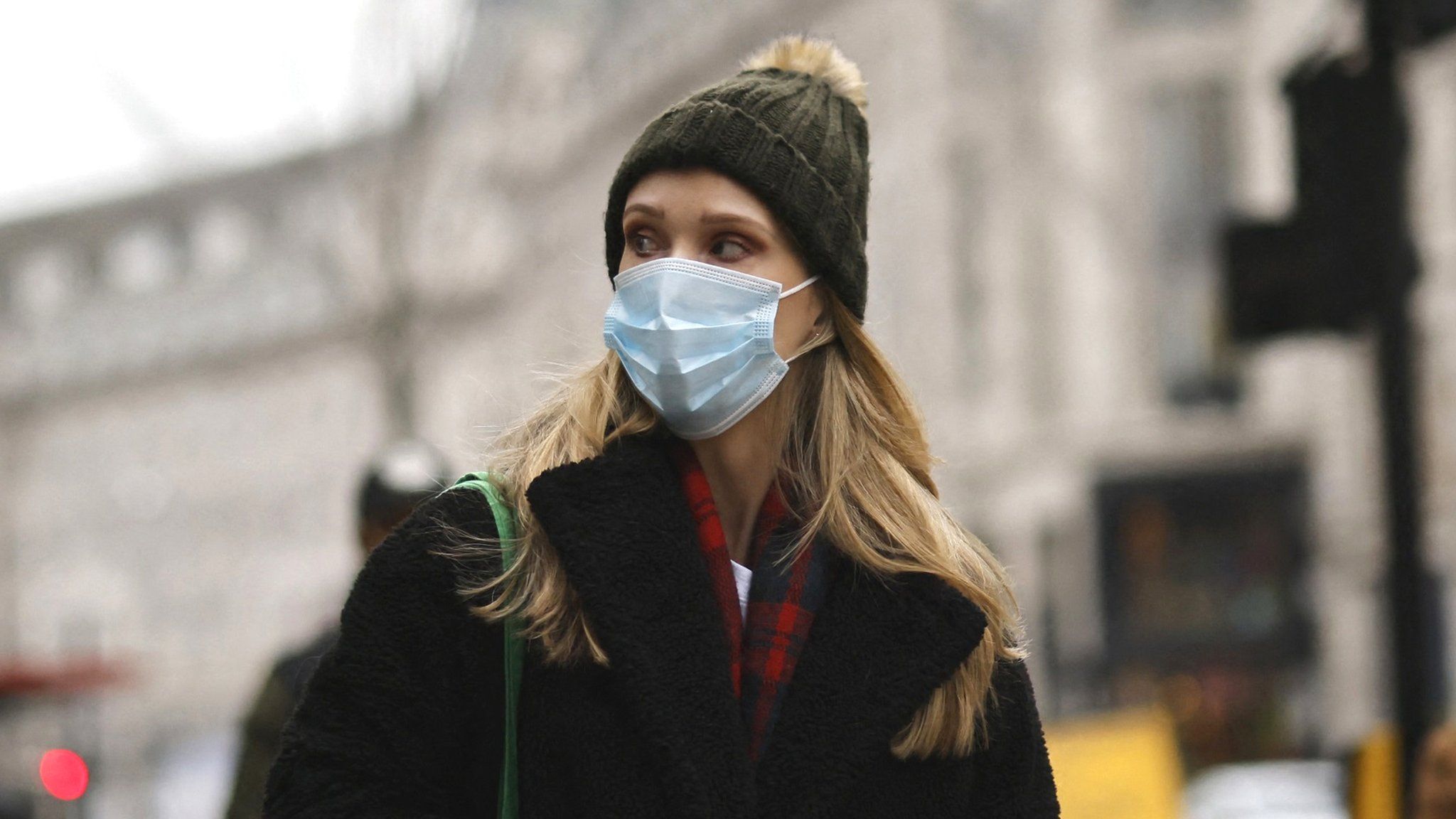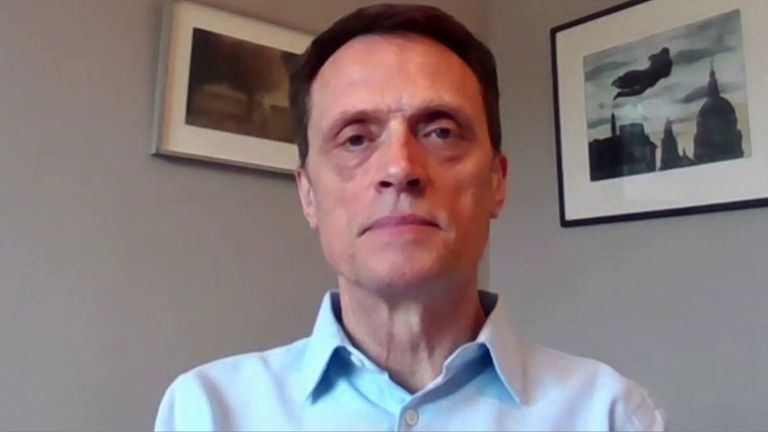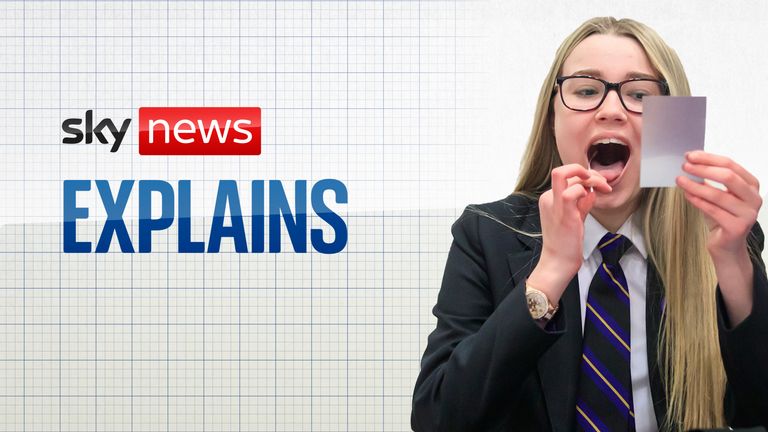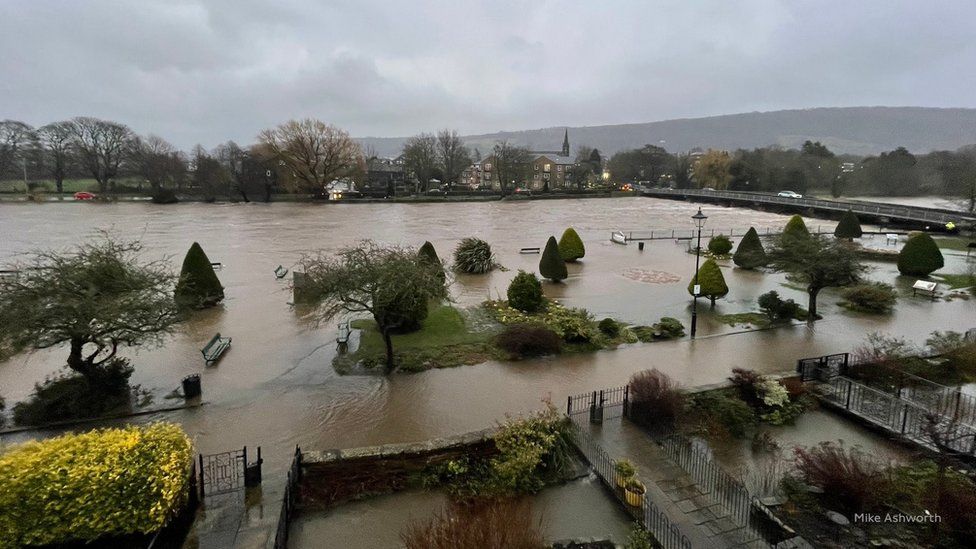
Storm Franklin has hammered parts of the UK with strong winds and heavy rain.
There is severe flooding in parts of Northern Ireland and hundreds of flood warnings remain in place across England, Scotland and Wales.
"Severe disruption" means Network Rail is advising customers to check before they travel on the railways.
Franklin comes days after Storm Eunice killed three people and left 1.4 million homes without power.
The highest wind gust speeds on Monday morning reached 79mph in Capel Curig in Wales, and 78mph in Orlock Head, Northern Ireland. On Sunday night, 87mph was recorded at the Needles on the Isle of Wight.
The Met Office issued two weather warnings for earlier on Monday: an amber warning for wind in Northern Ireland, and a milder yellow warning for wind covering Wales, Northern Ireland, most of England and parts of south-west Scotland.
Storm Franklin is the third named storm in a week - following Dudley and Eunice - the first time this has happened since the storm-naming system was introduced in 2015.
Over 33,000 homes are still waiting to be reconnected to power supplies following the earlier storms.
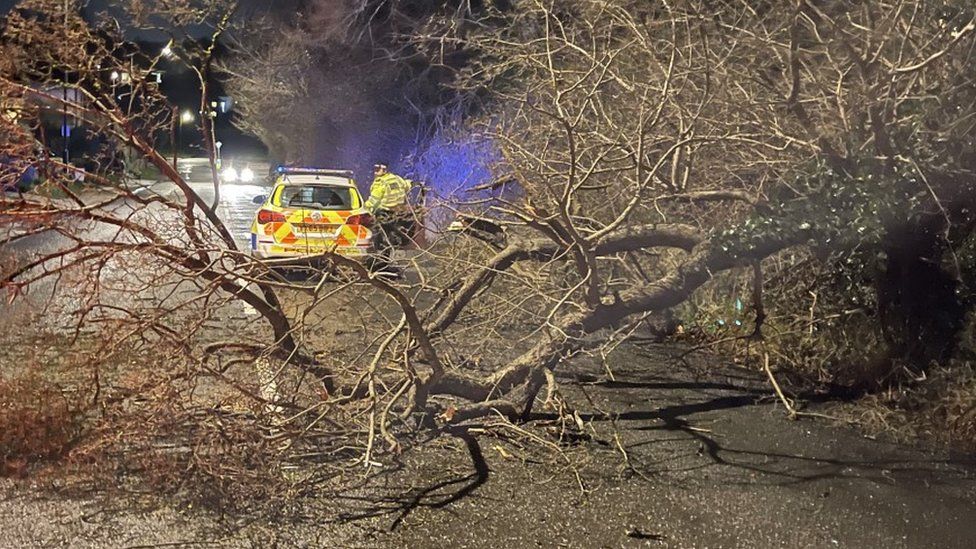
Energy minister Greg Hands said power outages were a "horrible thing" to happen to households and lessons would be learned for the energy network.
He said: "Quite often very significant lessons do get learned - the 105 emergency number for power outages was a lesson learned from a previous storm."
Manchester Airport diverted nine flights on Monday morning because of storm winds. It is understood the planes were holding to land before being diverted, but the airport says the weather has not affected departures.
British Airways has said winds have made it difficult to unload baggage from its planes - causing delays for passengers after landing.
The airline has also struggled to land and restock planes on time, affecting inbound and outbound movements.
Elsewhere, the O2 arena in London will remain closed until Friday, when a UB40 concert is expected to go ahead as planned, after Storm Eunice shredded sections of the roof.

'I wouldn't rule out another named storm'
George Goodfellow, duty forecaster at BBC weather, says the forecast for the rest of the week is best described as unsettled: "We're expecting further spells of wet and windy weather for most of the coming week, and some parts of the UK will see strong winds at times.
"It looks as though the strongest winds will generally be towards the north west of the UK. Whether the winds will be strong enough to warrant the Met Office naming another storm is a bit uncertain.
"Warnings are usually issued based on the risk of disruption/hazardous weather, so I think the question is will it become significantly windier than normal. If so then warnings are likely, and I wouldn't rule out a named storm."
Storms have been more frequent in the last week because of a strong jet stream running across the Atlantic and the UK - the coming week sees the jet stream move "a little further north".

More than 10,000 homes in the south east of England remain without power. Jane Rosam from Kent told the BBC her 100-year-old neighbour had been without power since Friday lunchtime.
"We are terrified that she will fall or get ill. The house is cold and the lack of care and concern from the power network is shamefully awful," she said.
In Devon and Cornwall, Caroline Bullock and her mother, 91, have been without power, heating, and drinking water since Friday and have been relying on friends to deliver food.
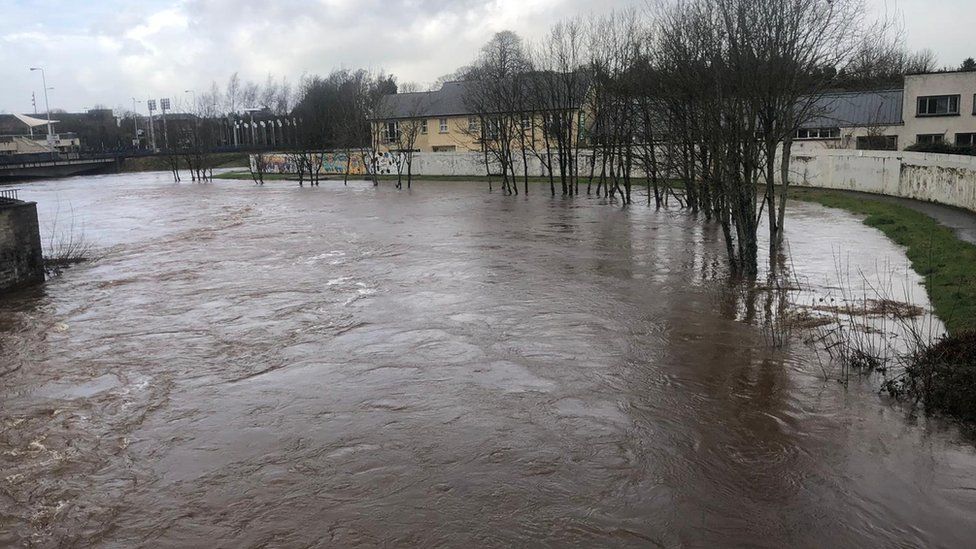
In Northern Ireland, heavy rain has caused severe flooding, with counties Londonderry and Tyrone the worst hit.
Football pitches were left under metres of water in Castlederg, and 3,000 homes are still without power according to Northern Ireland Electricity (NIE).
NIE said at its peak there were 10,000 homes without power during the early hours of Monday morning.
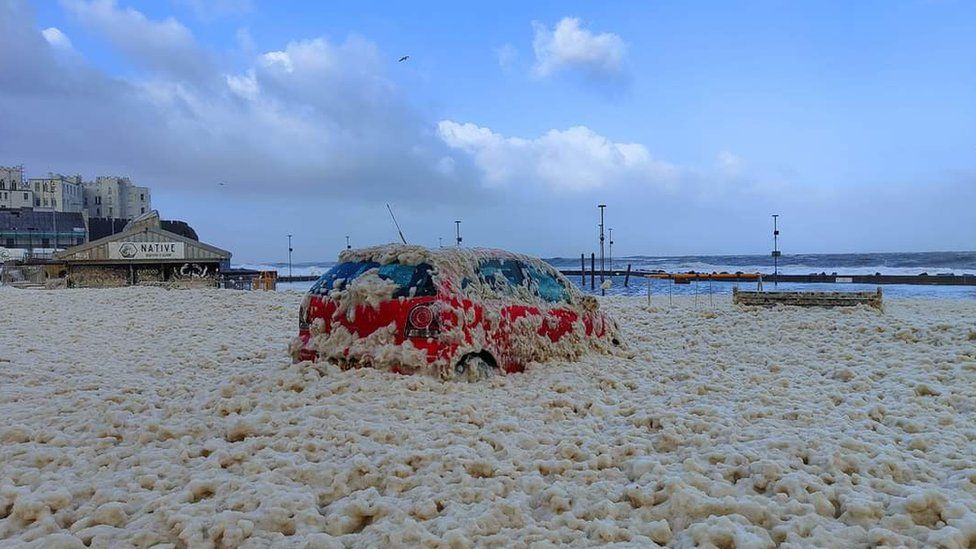
Parts of the River Severn and the Bristol Channel coast are on flood alert and emergency teams have erected flood barriers to try to stop the waters from reaching homes.
National Resources Wales (NRW) has issued 10 flood warnings, meaning flooding is expected, and 18 flood alerts, meaning it is possible.
County councillor Karl Lewis said Llandinam in Powys, central Wales, had been left looking like a "disaster zone".
The M48 Severn Bridge remains closed in both directions, as does the QE2 bridge at Dartford with long delays reported on both sides.
Elsewhere on the roads, in Greater Manchester, a stretch of the M60 has been closed because of an overturned HGV.
Eighteen flood warnings and seven alerts have also been issued across the Scottish Borders, Ayrshire, Orkney and the Western Isles by the Scottish Environment Protection Agency.
National Rail is advising customers to check their routes before travelling, with several companies expected to be affected.
CrossCountry trains, which runs services from Aberdeen, through Birmingham and to the South West, is "strongly recommending" that people do not travel.
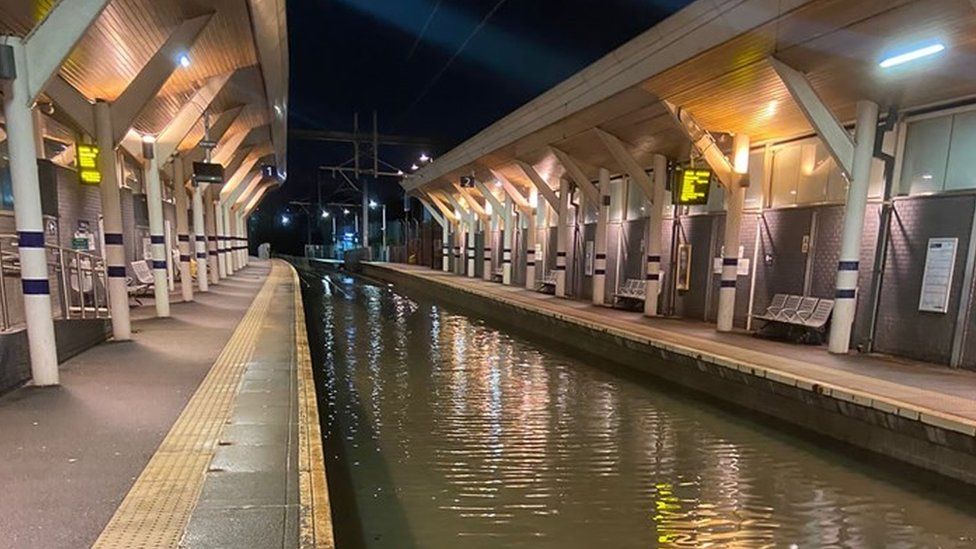
Great Western Railway (GWR), CrossCountry, South Western Railway, and Southeastern railway are "strongly" advising against travel, with disruption on routes expected.
Chiltern Railways has warned disruption will continue into Tuesday morning, "including trains and carriages being in the wrong places"
In West Yorkshire, the Thackley railway tunnel has been closed due to flooding.
And Rotherham Central station will remain closed until at least Tuesday - a picture shared by Leeds City Station on Twitter shows the extent of the track flooding.
😱 🌧 Heavy rains brought by #StormFranklin mean #RotherhamCentral will now remain closed until at least Tuesday.
📲 Please continue to check before you travel with @nationalrailenq
📷 13:00 📷 17:00 pic.twitter.com/XTCPvfvdbY
— Leeds City Station (@NetworkRailLDS) February 20, 2022
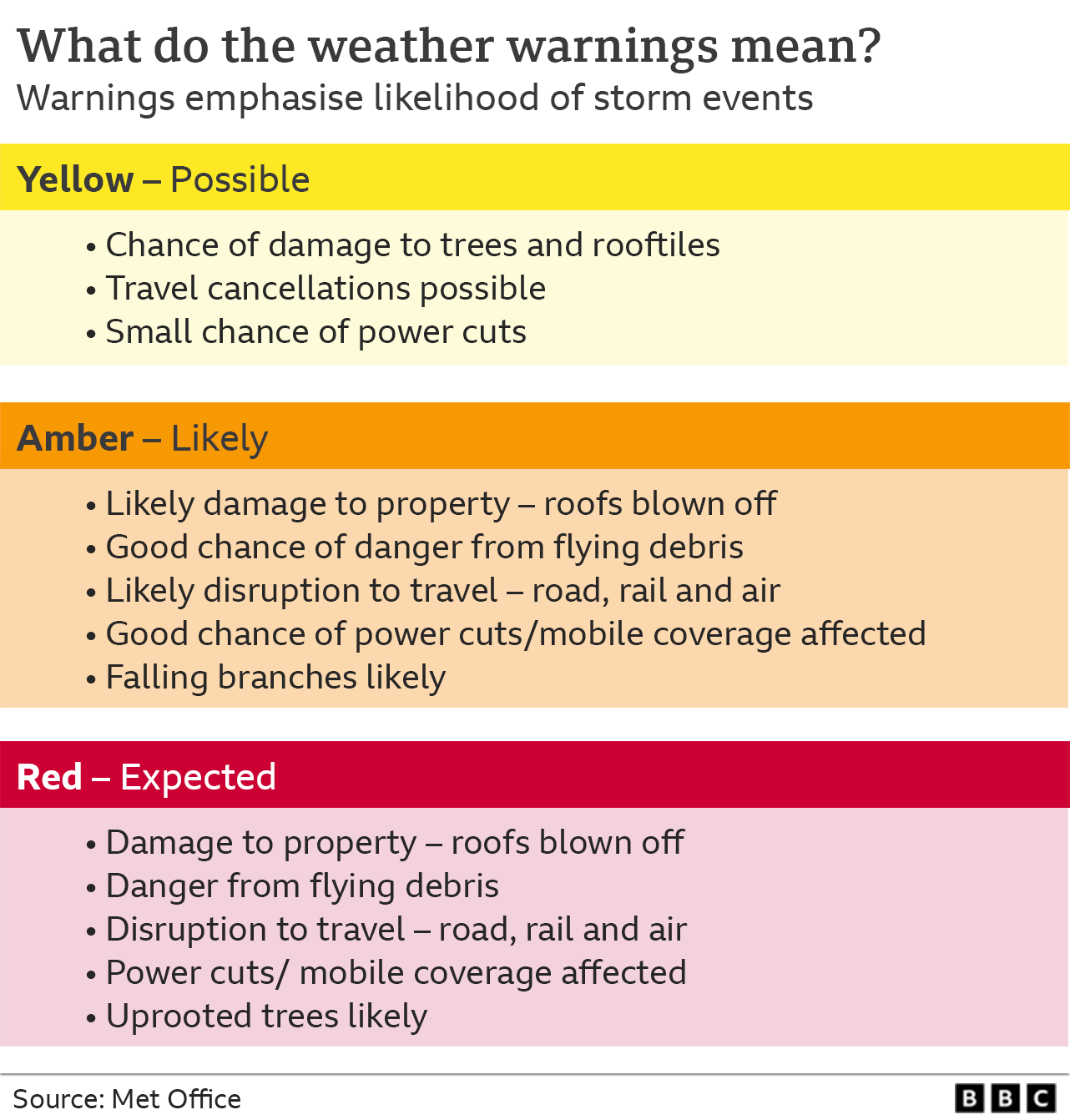
High winds could cause further power cuts, transport delays and damage to properties, the Met Office has warned.
Meteorologist Becky Mitchell told the PA news agency: "At the moment we've got a really active jet stream, which is why we're seeing so many storms track right towards the UK.
"We had Dudley on Wednesday, Eunice on Friday and Franklin today."

- GRAVITY DEFYING TRICKS: James Woods introduces possibly the greatest skier you've never heard of
- BOOST YOUR BRAIN: Find out how to banish brain fog with these free and simple steps


How have you been affected by Storm Franklin? Share your pictures, video and experiences by emailing haveyoursay@bbc.co.uk.
Please include a contact number if you are willing to speak to a BBC journalist. You can also get in touch in the following ways:
- WhatsApp: +44 7756 165803
- Tweet: @BBC_HaveYourSay
- Upload pictures or video
- Please read our terms & conditions and privacy policy
If you are reading this page and can't see the form you will need to visit the mobile version of the BBC website to submit your question or comment or you can email us at HaveYourSay@bbc.co.uk. Please include your name, age and location with any submission.

- 18 hours ago
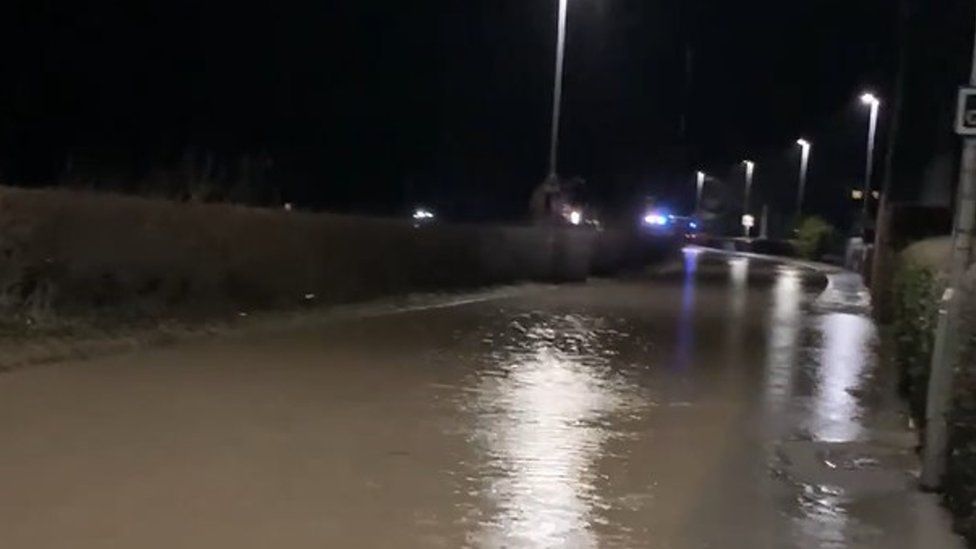
https://news.google.com/__i/rss/rd/articles/CBMiJmh0dHBzOi8vd3d3LmJiYy5jby51ay9uZXdzL3VrLTYwNDUyMzM00gEA?oc=5
2022-02-21 14:36:03Z
1306105218
